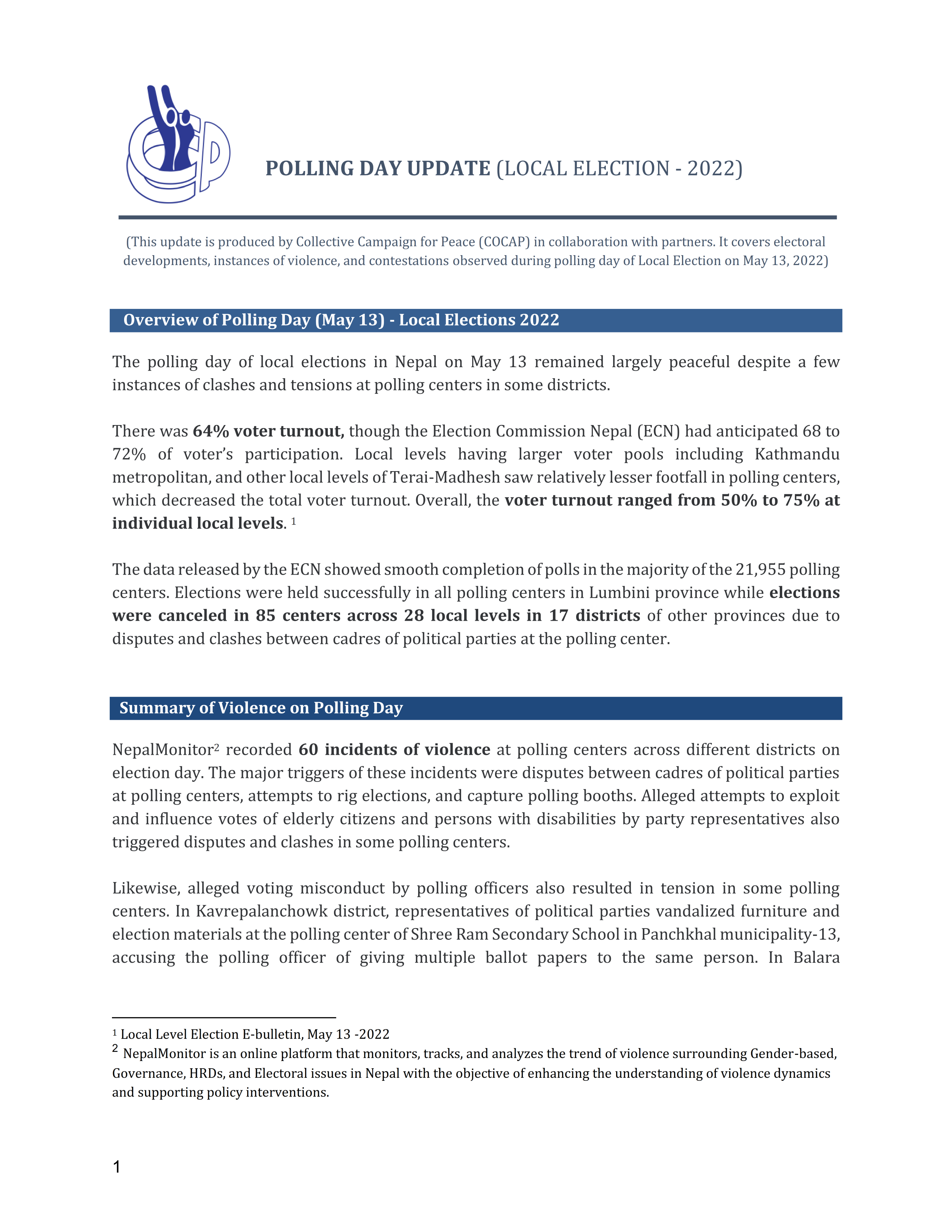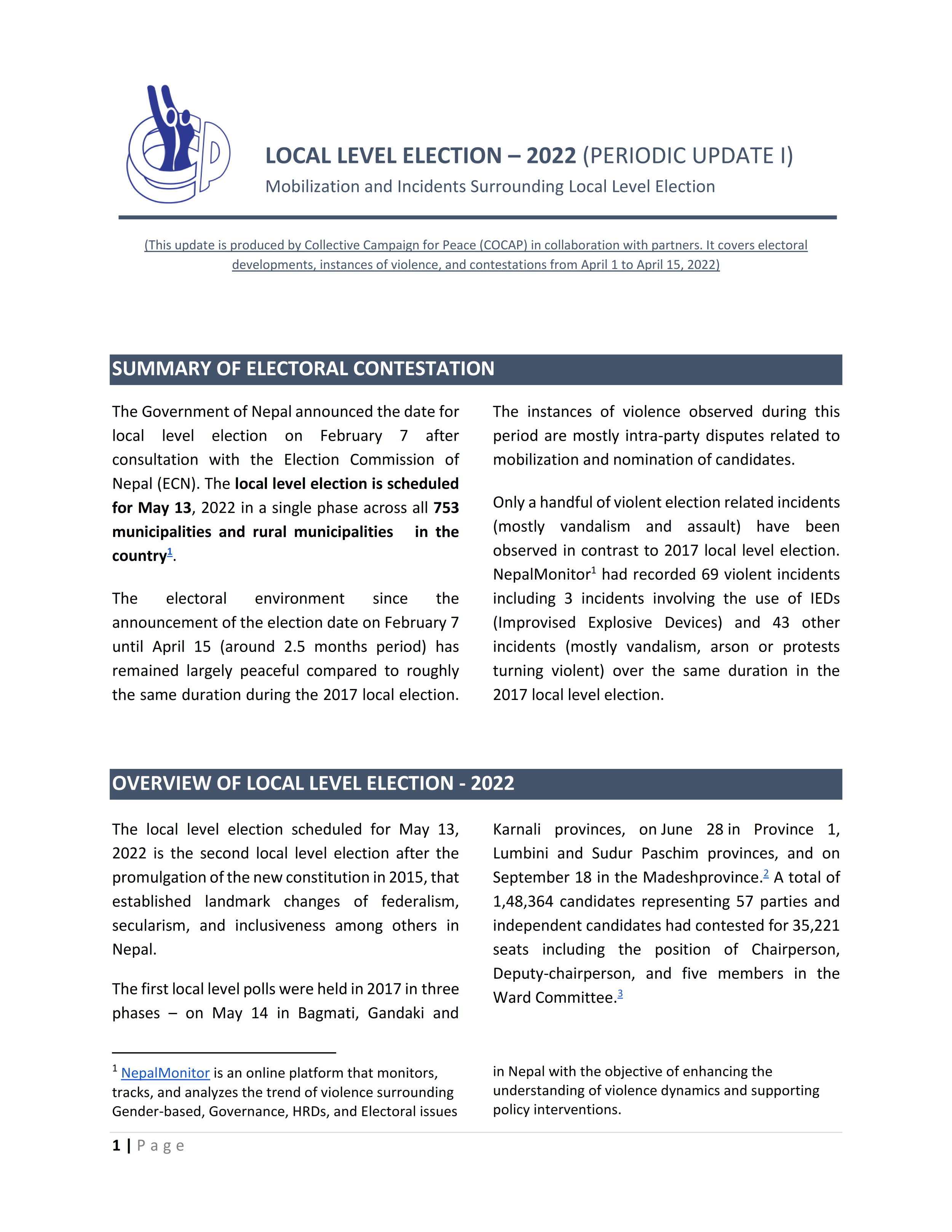Incident Reports
Nepal’s Gadhimai temple ‘bans mass animal slaughter’
2015-07-28
In a victory for activists, Nepali temple authorities said Tuesday they would end a centuries-old Hindu tradition of mass animal slaughter that attracts hundreds of thousands of worshippers. The festival, held once every five years, sees hordes of devotees from Nepal and India flock to a temple in the Himalayan nation’s southern plains to sacrifice thousands of animals in the hope of appeasing the Hindu goddess of power, Gadhimai. “We have decided to completely stop the practice of animal sacrifice,” said Motilal Prasad, secretary of the Gadhimai Temple Trust, which organizes the celebrations. “I realized that animals are so much like us — they have the same organs as us… and feel the same pain we do,” Prasad told AFP. The practice of ritual sacrifice has a long history in Nepal, with devotees offering goats and buffaloes to gods during major festivals in the hope of finding health and happiness. Some 2.5 million worshippers sacrificed an estimated 200,000 animals during the most recent installment of the Gadhimai festival held last November in the village of Bariyapur near the Indian border. “It won’t be easy to end a 400-year-old custom… but we have four years to convince people that they don’t need to sacrifice animals to please the goddess,” Prasad said. Animal rights activists applauded the decision, which came after years spent lobbying temple authorities and the Nepal government in a campaign that attracted support from celebrities including British actress Joanna Lumley and French movie legend Brigitte Bardot. “It has been a long effort… we took a firm stand and it has finally worked,” said Manoj Gautam, president of Animal Nepal Welfare Network. “We realize that people have been victimized by superstition so building mass awareness is critical, but I am very hopeful that we will see a bloodless festival in 2019,” Gautam told AFP. According to legend, the first sacrifices in Bariyapur were conducted several centuries ago when Gadhimai appeared to a prisoner in a dream and asked him to establish a temple for her. When he awoke, his shackles had fallen open and he was able to leave the prison and build the temple, where he sacrificed animals to give thanks.
Updated.............. The 2019 Gadhimai Mela, a religious ritual of supposedly the world’s largest sacrifice, is going to be a bloodshed-free affair if the devotees follow the management’s call. In a press meet in Delhi on Tuesday, Mangal Chaudhary, the main priest of the temple committee, appealed to people not to bring animals inside the temple premises at the Gadhimai Fair that is held in Bara district every five years. “We have decided not to hold any sacrifices inside the temple. We will urge people to not bring animals along but ask them to perform a slaughter-free puja,” he said. The announcement follows rigorous negotiations and campaigning by Animal Welfare Network Nepal (AWNN) and Humane Society International/India, which has been working with the Gadhimai Trust for an end to the ritual where buffalo calves along with a slew of smaller animals such as goats, pigs, rats, pigeons, and hens are sacrificed. They believe the sacrifice will bring them prosperity and the Goddess Gadhimai fulfills their wishes. Secretary of the Gadhimai Trust, Ram Chandra Shah, who was not present at the conference, stated in a letter that they would work with the activists as they plan to organize public awareness campaigns against the mass slaughter. Shah said they would have to be careful about the devotees’ sentiment and it was not for the committee to ban something. “It is very important to acknowledge people’s sentiments and make sure that they understand. We might ban it but what can we do when people bring animals?” he said. Manoj Gautam, the founding member of the AWNN, applauded the temple committee’s announcement and said that they hope to continue their support in future endeavors. He said their focus was to increase public awareness and to create a long-term plan for developing the Bariyapur area. “We will work to improve the area and show that animal slaughter is not necessary to develop a place and attract tourists,” he said. The festival was last held in November last year when around 5,000 buffaloes and another 100,000 smaller animals like goats and chickens were slaughtered. Hundreds of thousands of devotees flock to Bariyapur for the month-long festival. A month before the sacrifice, the Indian Supreme Court had passed an order restricting the movement of animals from India into Nepal. The armed border force and activists had patrolled the international border to enforce the order, limiting the number of animals across to Bara. Seventy percent of the buffaloes come from India. .......... The Gadhimai Temple Trust has dismissed Tuesday’s reports in international media that claimed that the trust has agreed to stop animal sacrifice during the Gadhimai festival. “We have not made any statement regarding stopping animal sacrifices during the festival,” Ram Chandra Sah, chairperson of the trust, told Republica. The Times of India on Tuesday quoted Sah in the news report that the Gadhimai Temple Trust had formally declared an end to animal sacrifice. Likewise, AFP quoted Motilal Kushwaha, secretary of the Trust, that the authority had decided to completely stop the practice of animal sacrifice. However, chairperson Sah expressed surprise over the media reports. He further clarified that the trust never urges devotees to sacrifice animals, but only manages the event. “We never ask devotees to carry out the animal sacrifice,” he told Republica.
http://www.mb.com.ph/nepal-temple-bans-mass-animal-slaughter/
http://www.ekantipur.com.np/2015/07/29/top-story/main-priest-appeals-for-slaughter-free-rituals/408587.html
http://myrepublica.com/feature-article/item/25385-gadhimai-trust-dismisses-reports-on-animal-sacrifice-ban.html
Related Reports
Governance / Kathmandu
Medical education concern committee protest by banging plates and whistling
Governance / Darchula
Workers padlock school citing non-receipt of wages for more than a year
Governance / Sunsari
Prohibitory order issued in Dharan, tightening at entry points
Governance / Morang
Students of Eastern College in Biratnagar on protest
Related Trend Analysis
Analysis

THE NEPAL PEACE MONITOR ANNUAL REVIEW: 2020
October 25, 2021
Human Trafficking / LGBT+ Rights / GBV / Political / Children’s Rights / Senior Citizens’ Rights / HRD Issues / Human Rights / Interpersonal Violence / Governance / Covid-19 / Civic-Space / PwD

_001.png)




